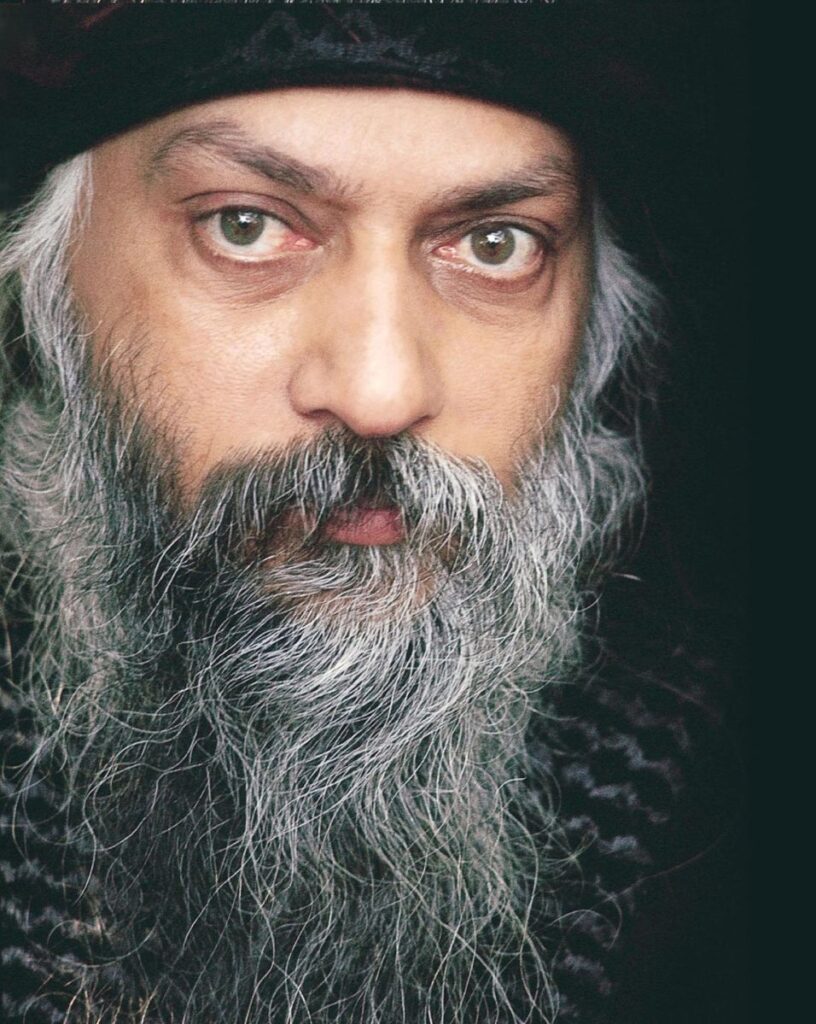There is an old Sufi fable.
In a very ancient family, there was some musical organ, but people had completely forgotten how to play it. Generations came and people even forgot that it was a musical organ. It was gathering dust.
It was a very big organ and it was taking up much space. One day the family decided to throw this nonsense.
They said, “This is just a nuisance. Why should we keep it?” They took it out; they threw it on the road.
They had just reached home when a beggar started playing upon the organ.
Time stopped. They simply turned. The whole traffic stopped, people came rushing from their houses; they forgot everything. For one hour the beggar was playing on it.
It was so beautiful, so enchanting — they were just hypnotised. And when the music ended, the family demanded their organ back.
The beggar said, “It is not yours, because a musical instrument belongs to one who can play with it. There is no other ownership. It may have remained in your house for many centuries but it doesn’t belong to you. You are not worthy of it. I am the owner!”
And of course the whole crowd agreed with the beggar — that he was the owner — because what does one mean by ownership?
A musical instrument belongs to one who can play with it.
And that’s how it is: life belongs to those who can go deeper and deeper and deeper into it.
Osho- God is not for Sale ch#20
More at https://oshostories.wordpress.com/

Acharya Rajneesh (1931-1990), known later as Osho, was an Indian godman, philosopher, mystic and founder of the Rajneesh movement. He was viewed as a controversial religious leader during his life. He rejected institutional religions, insisting that spiritual experience could not be organised into any one system of religious dogma. He advocated meditation and taught a unique form called dynamic meditation. Rejecting traditional ascetic practices, he asked his followers to live fully in the world but without attachment to it. Pic courtesy: https://www.sannyas.wiki/
